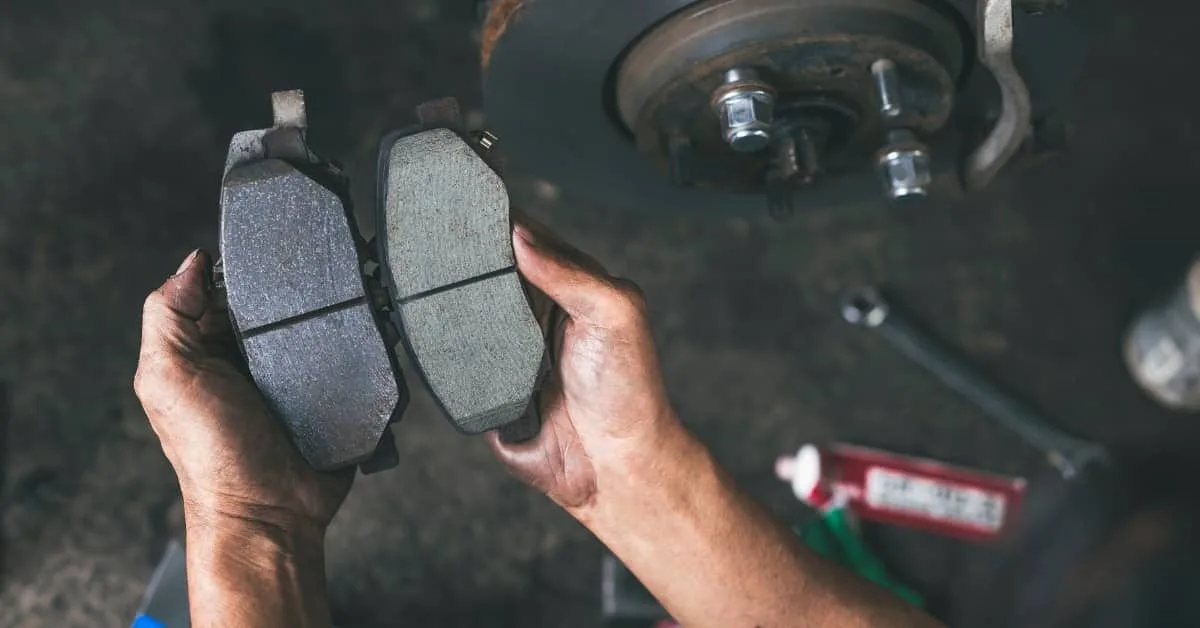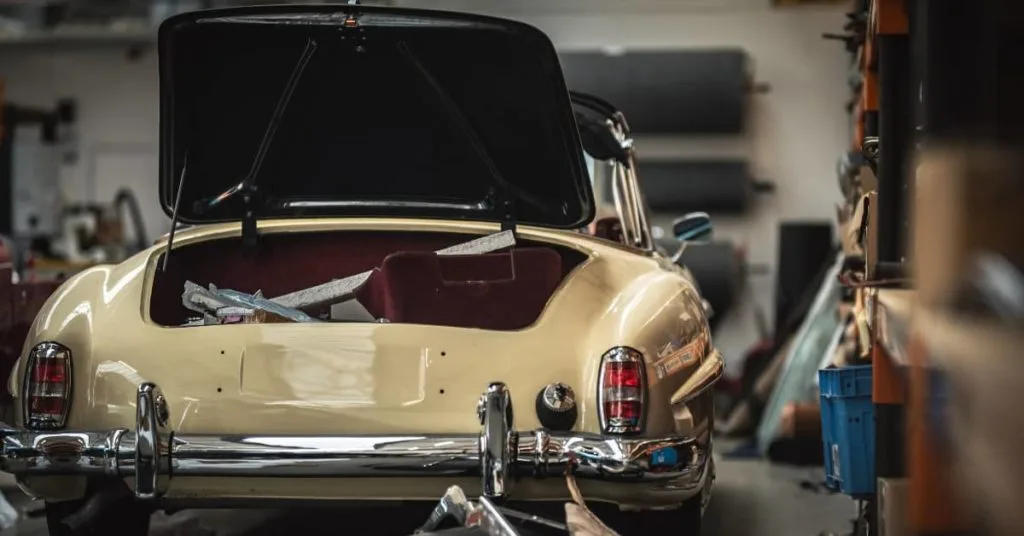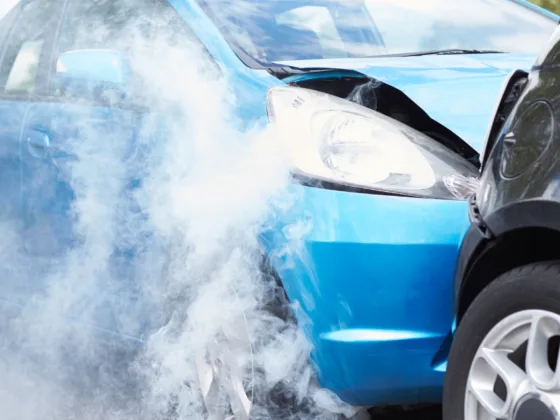In the UK, people are hanging on to their cars longer than ever. The average lifespan of a car on British roads has reached nearly ten years, the highest figure on record. A decade ago, cars were usually sold or scrapped at about seven and a half years old.
Firstly, generally speaking, modern cars are more reliable. If you keep on top of your car’s maintenance, a modern engine can rack up well over 100,000 miles without giving in. The biggest driver, though, is likely the cost of living. When viewed as a proportion of income, new car prices have increased year on year. With the added pressure of higher household bills, many drivers just can’t justify the cost of replacing a working car.
Keeping a car for longer can be the right move for your pocket, particularly in the short term, but there are definitely challenges that come with it. Older cars have a higher risk of breakdowns, and the car repair costs grow, too. So, what are the best ways to manage the cost of repairs on older cars?
Why Older Cars Stay on the Road
There are a few reasons for this. Firstly, generally speaking, modern cars are more reliable. These days, they’re built with better technology and last longer than they used to. Engines are more reliable, bodywork tends to hold up better, and safety systems are much tougher. This means that drivers see less reason to sell or scrap a vehicle if it’s still running well.
The biggest driver, though, is likely the cost of living.
The biggest driver, though, is likely the cost of living. When viewed as a proportion of income, new car prices have increased year on year. With the added pressure of higher household bills, many drivers just can’t justify the cost of replacing a working car.
There’s also hesitation over electric cars.
The government has shifted its plans for banning petrol and diesel sales more than once. Until there’s some level of clarity and consistency, drivers are more likely to hang on to their petrol or diesel cars rather than spend heavily on something new.
What’s the Financial Reality of Older Cars?
Older cars can be a pretty good deal if you’re not tied into finance payments, but car repair costs are an unavoidable part of ownership. Around six in ten UK drivers faced an unexpected repair in the past year, and the average bill comes in at just over £600. For a lot of households, that’s a big hit.
Younger drivers in particular struggle.
Almost half of under-25s say they would find it hard to pay a £500 repair bill. Some drivers have also admitted to skipping services or delaying essential jobs because of cost. The problem here is that small issues quickly snowball. Driving on bald tyres or ignoring brake warning lights might save money in the short term, but it almost always leads to a bigger bill later.
The reality is that as the lifespan of a car stretches, the likelihood of costly car repairs rises. The common jobs for nine to ten-year-old cars are often expensive, too, things like replacing brakes, tyres, batteries, exhaust systems, and suspension parts. More serious failures, like clutch or gearbox problems, can easily push bills over £1,000.
Try to Stay Ahead of Maintenance
The best way to manage costs on an older vehicle is to do your best to stay ahead of problems. Keeping up with car maintenance means that, most of the time, you can avoid the worst breakdowns. Regular servicing really helps here. If you keep to the service schedule, mechanics can catch minor issues before they become disasters.

Even if money is tight, do your absolute best not to ignore MOT advisories. These are flagged for a reason, and acting on them as soon as possible is safer and cheaper than letting them fail completely.
Want to Extend the Lifespan of your Car? Flexible Car Repair Finance Can Help.
Not every driver has spare cash tucked away, and sometimes repairs come at the worst possible moment. That’s where 0% car repair finance services like Payment Assist can make the difference. It’s designed for drivers who need their cars back on the road straight away but can’t afford the upfront cost all at once.
We know how tough unexpected repair bills can be, especially with the rising cost of living. Our platform helps you to split the bill into interest-free payments so you can get your car repairs sorted early, before they spiral into more expensive issues that might impact the lifespan of your car. There are no fees or hidden charges, and most plans don’t even require a credit check.
With thousands of garages across the UK offering Payment Assist, it’s easy to find a merchant near you. You can learn more about what we offer here or get in touch with any questions.
FAQs
Do older cars fail MOTs more often?
Yes. Numbers from the DVA show that cars over ten years old are much more likely to fail an MOT, mainly failing on areas like brakes, tyres, suspension, or emissions.
Is fuel efficiency worse as a car ages?
It can be. Engines and components wear over time, so efficiency can drop. Keeping up with servicing and part replacements can help you maintain good fuel efficiency.
Are older cars reliable for long trips?
Yes, but (like any car) they’ve got to be well maintained. Lots of drivers take older cars on long motorway runs without issues, but a pre-trip check of tyres, fluids, and brakes is recommended before covering high mileage.
What’s the most expensive repair job on older cars?
Gearbox and engine rebuild are usually at the top of the list. Sometimes they can run into thousands of pounds. Without flexible car repair finance, these costs can be really difficult to manage.





